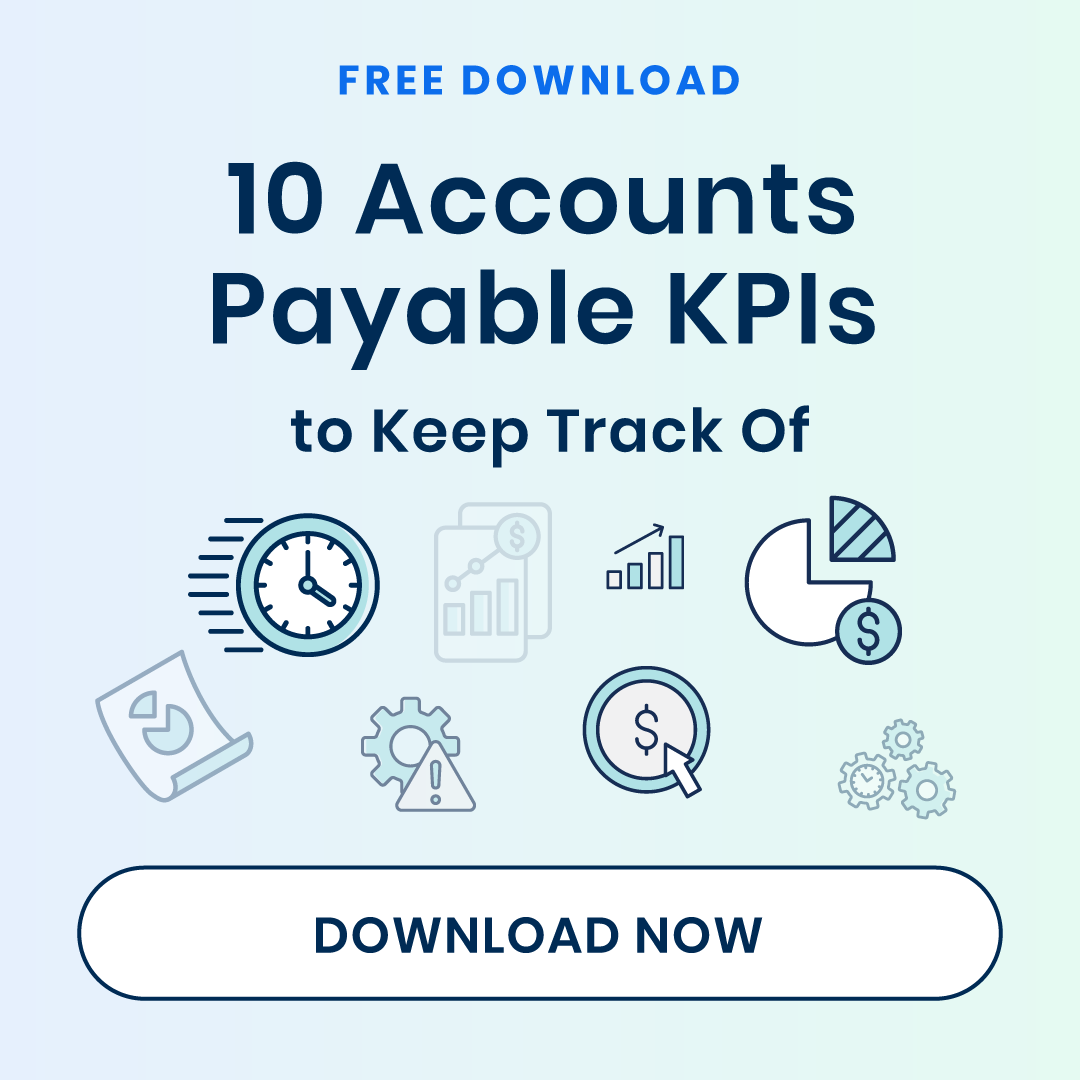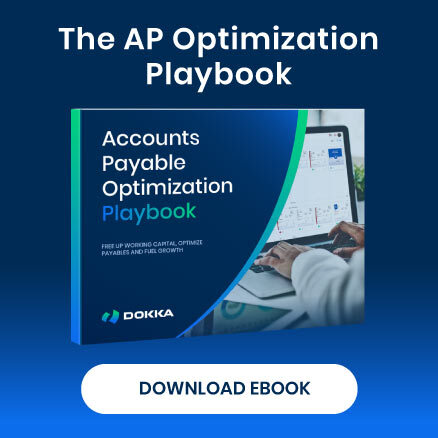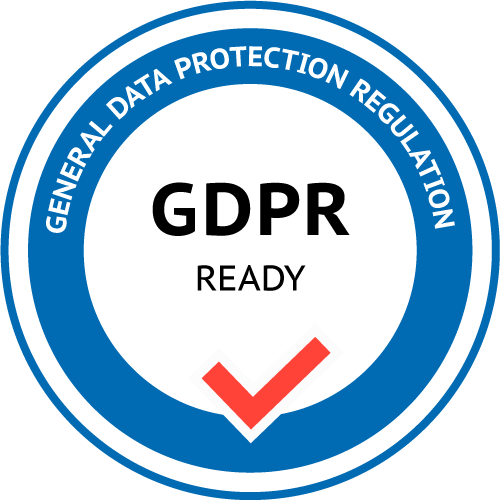Not a lot of people enjoy playing the numbers game especially when it comes to accounting. Nowadays, technology has made it easy for business owners to keep track of their financial situations through the prevalence of accounting software.
With the added help of such a solution, a study shows that businesses have had a 46% positive increase in their performance. The software has helped ensure that their figures are accurate and reliable. Likewise, it hastens and streamlines the process and makes it easier for you to keep up with your financial conditions.
There are different types of accounting software out there in the market. All of which offer various sets of tools and functions to cater to your needs. Nonetheless, they can get a bit overwhelming at times especially if you’re still new to it.

With that, here are five tips to simplify your accounting software.
1. Customize where you can
With the number of tools and features an accounting software offers, the learning curve can get a little steep. There may even be times when you won’t be able to fully optimize them, and you’re only stuck to using the same set of functions over and over again. This leaves your dashboards cluttered and messy.
Personalize your experience with your software by customizing where you can. Some software will allow you to arrange your dashboards to your liking so that you’re only faced with the tools you need for your accounting demands. Likewise, you may also consider the use of an automated accounting software where you can issue and teach a set of personalized commands into the system.
2. Go digital with your documents
Have all your needed files and documents easily accessible and digitally stored by an integrated document manager. From receipts to order forms to slips, scanning, digitizing, and uploading them in a cloud or in your PC will make it easier for your accounting systems to manage and keep track of them. This can also help with document filing for your chosen software.
By going paperless, you don’t have to worry about losing some data or waste time in searching for a specific piece of paper. A virtual document manager will keep them organized, categorized, and searchable within the system. You can also add an extra layer of protection to your files by saving backup copies of them in a cloud. This also makes data readily accessible and available for your software’s utilization.
3. Eliminate manual data entry
With all your files digitized and accessible, you can then directly file the needed document into your accounting software to avoid errors from manual data entry This also hastens the process of keeping track of all your expenses and profits since you don’t have to manually enter them into the system, one by one.
An automated accounting software can then process these financial data, such as source documentations, bank statements, and pay slips, and produce trial balances, income statements, and profits and loss statements. This takes labor intensive tasks off your shoulders while also guaranteeing accuracy with your figures.
4. Integrate it with other solutions
Everyone has different needs when it comes to accounting and managing their financial data. A single solution might not be able to cater your every need. This is why you might want to consider integrating your accounting software with other solutions to enhance and personalize your experience with it.
Integrating a software like DOKKA into your most used accounting software can give you extra features that you don’t usually find in other accounting systems. This includes collaboration features where you can easily share data with your colleagues, bookkeepers, or auditors. You may also look into integrating cloud-sharing applications so that your software can easily retrieve files and documents.
5. Connect it to the web
The benefits of connecting your software to the internet include accessibility, extensibility, and flexibility. The web makes it easier to share your data to your colleagues, auditors, bookkeepers, and to anyone you wish to have access to it. This also makes it easier to integrate with cloud-based solutions for your files and documents.
With the internet, you can access your financial data and records across devices. This facilitates smoother transition of work from one platform to another. This gives you the flexibility you need to do your accounting even outside the office and in the comforts of your own home. You can also easily update your records in real-time instead of having to wait to get back to your computer to start entering them into the system.
Accounting made simple
With these five tips, you can make your accounting software run the way you want them to without having to worry about reliability and accuracy. It can also help you optimize your use of the software for your day to day accounting needs and make them easier to use.Accounting may be challenging, but an easy accounting software can make it seem simple and uncomplicated. So, check out these Best Accounting Software – 2020 List of Top 15 Accounting Tools to discover which ones can help you with managing your financial records.








